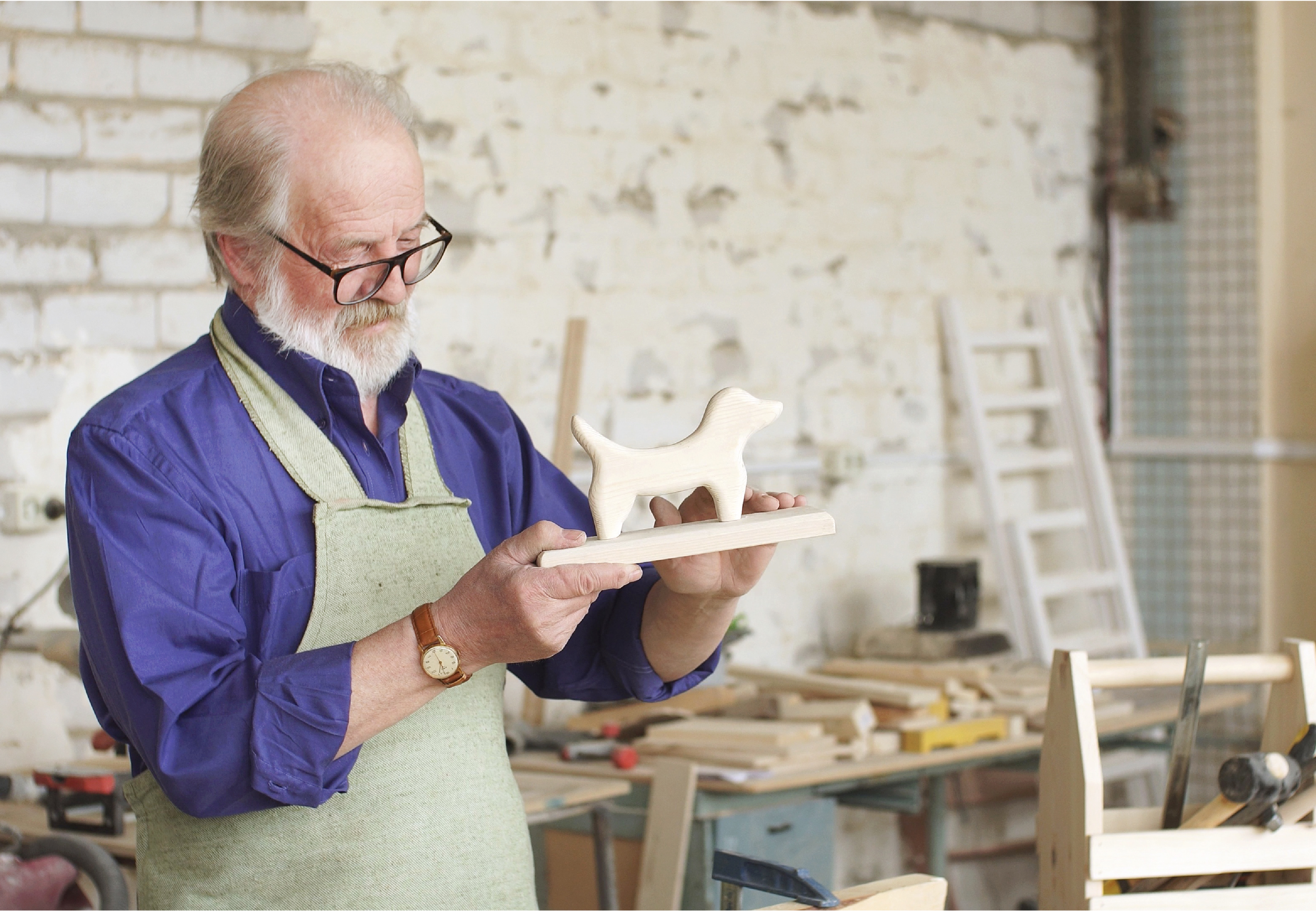Imagine celebrating your 120th birthday. No, this isn't science fiction—it's a future that's hurtling towards us faster than a SpaceX rocket. But before we pop the champagne, let's unpack this longevity potential.
First up, the Ethics.
We're not just pushing medical boundaries; we're fundamentally reshaping the human narrative. Philosopher Martha Nussbaum has long championed justice and human capabilities, asserting that everyone should have the opportunity to live a life of dignity. But what happens when those capabilities extend far beyond what we've ever imagined—when they include the potential to outlive entire civilizations?
The rapid advancements in biotech and longevity science force us to confront profound ethical questions. Are we on the verge of creating a new class of immortal elites, where only the wealthy and powerful can afford to extend their lives indefinitely? Or are we on the brink of democratizing the fountain of youth, making extraordinary lifespans accessible to all?
This isn't just about healthcare; it's about redefining what it means to be human. We find ourselves navigating existential questions that challenge our understanding of life, death, and everything in between, armed with the tools of modern medicine and technology. The stakes have never been higher, and the implications are as vast as they are complex.
The Aesthetics: Living Longer, Looking Better
Living to 140 isn't just about avoiding the grim reaper; it's about thriving with style. Imagine homes designed not just for comfort, but for universal connection. We're talking spaces that make you feel alive at 120, not just alive enough to complain about your knees.
The Joy Conundrum
As architects Arakawa and Gins provocatively ask, "How much joy would you be willing to endure in order to secure a possibly uninterrupted (endless) future?" It's like being offered an all-you-can-eat buffet of happiness. Sounds great, right? But could your psyche handle that much bliss?
The Existential Elevator Pitch
Living longer offers the potential to achieve more, learn more, and experience more. But it also raises questions about the meaning of life when extended indefinitely. Will our ambitions grow with our lifespans, or will we face new existential crises? Imagine having a midlife crisis at 70... and then again at 120.
Some provocations for you:
- How far would you go to cheat death? Would you replace your organs with synthetic ones? Upload your consciousness to the cloud? What's your “nope” threshold?
- Could you handle eternal bliss, or would too much joy break your brain? Would enduring joy be just as challenging as enduring suffering?
- When does extending life become selfish? This ethical dilemma forces us to weigh individual longevity against societal resources. It risks reducing humans to economic units, ignoring intrinsic worth. As we push longevity boundaries, we must confront the tension between personal rights and collective wellbeing. How do we balance our desire for extended life with finite resources, without compromising human value?
- Quality vs. Quantity: Would you trade all life's pleasures for an extra 50 years?
- Immortality: dream or nightmare? Picture watching civilizations rise and fall. Cool or terrifying?
Let's get philosophical. Voice your thoughts!



